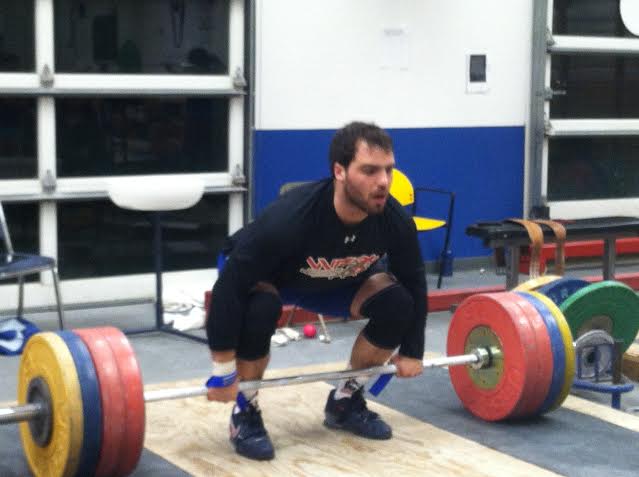Odds are that most of you reading this article have a job, career, family, or other responsibilities that interfere with training. Weightlifting is a very demanding sport, and mixing it together with other responsibilities can be tough. But not to worry, where there is a will, there is a way! I want to share with you some practical training tips to help accommodate your life.
Making Training a Priority (When You Have Other Priorities)
Mindset, without question, is the most important thing in training. You must be willing to put in the work. However, a lot of times life likes to throw you curve balls. You must be willing to embrace the challenge and adapt to the circumstances.
Are the below tips optimal? Probably not. Are these practical for working within a busy schedule? Absolutely. Consistency is crucial. Remember that it is what you do, not what you plan that will dictate your gains.
1. Try Flexible Training Days

If you plan for four training days, and allow some flexibility, you will be better equipped to handle the unknown. Boss makes you stay late unexpectedly? No problem. Kid gets sick? That’s ok. You have the ability to adjust and stay on schedule!
2. Keep Your Blocks Shorter
Similar to the point above, a chaotic schedule makes long term planning much more difficult. For most people, predicting the next 9-12 weeks is almost impossible.
A good way to hedge your bets is to keep your training cycles shorter. For myself, I started evaluating my training on a two or three week basis. I thought of a 9-12 week program as a combination of 3-4 mini blocks. That way, if you have an unexpected event and a week gets screwed up, you are able to adjust. Even if the overall goal of the back to back blocks are the same, the execution can be altered to fit your life schedule.
3. Allocate “Exercise Resources”
Everything in life is connected, and this is especially true with your brain. In short, the CNS governs both fine motor patterns and deep thought. When planning a week, try to keep exercises that require more coordination (snatch, clean and jerk, etc.) further away from mentally intensive work days. It is a lot easier to squat, push, and pull on days where you feel braindead than to do something that requires a lot of concentration.
A good application would be keeping squats and pulls reserved for days where you have a lot of classwork, and keeping snatches and cleans on low work demanding or off days.
In summary, nothing replaces hard work. But that does not mean you can’t adjust a few things to get a little better quality training. Ultimately, if you want to lift at the highest level, you have to make sacrifices. Lifters at the highest levels of competition lead lifestyles that center around training.
However, most people are capable of doing so much more even with their busy schedules! I hope these tips gave you some applicable advice to help you manage your life and reach your goals.
Editors note: This article is an op-ed. The views expressed herein are the authors and don’t necessarily reflect the views of BarBend. Claims, assertions, opinions, and quotes have been sourced exclusively by the author.


